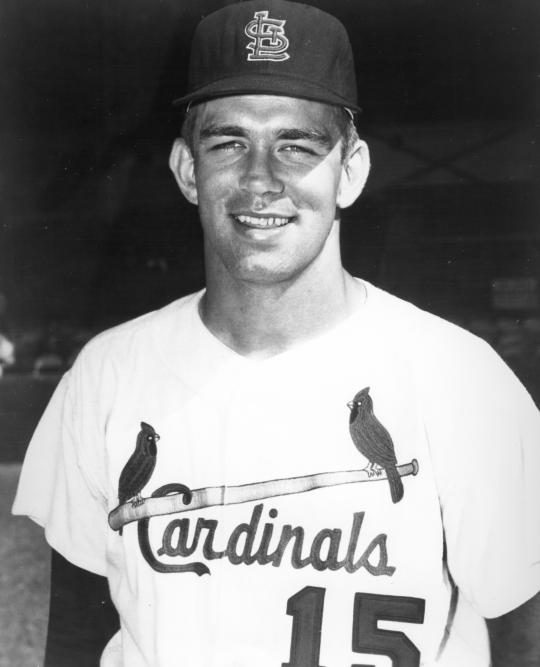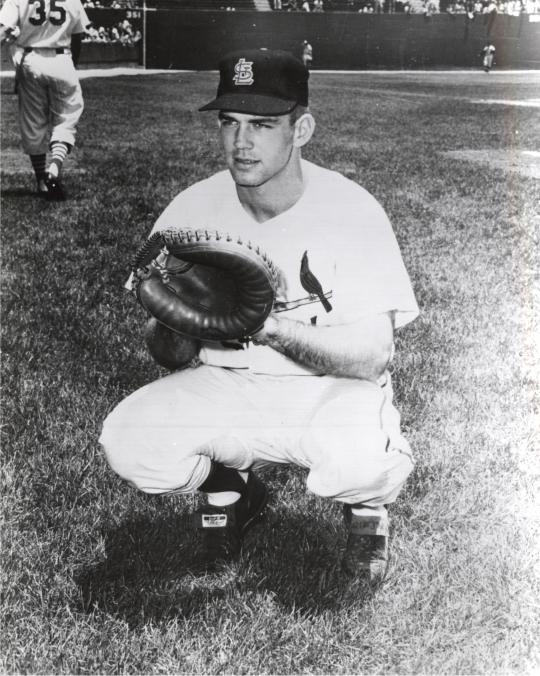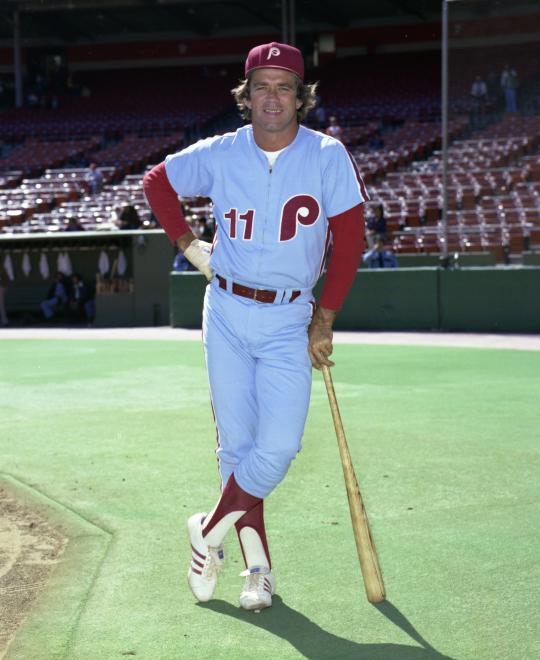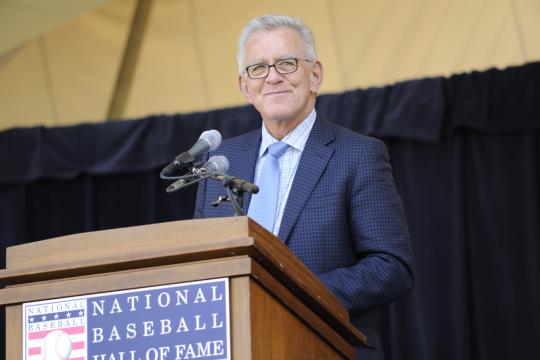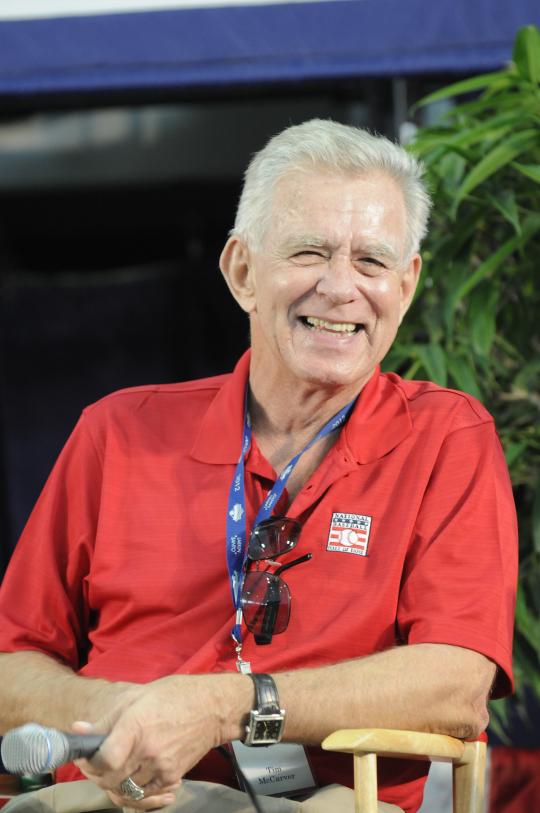McCarver transitioned from All-Star catcher to acclaimed announcer
For six decades, Tim McCarver shared the spotlight when baseball took the national stage.
First as a player and later as a broadcaster, McCarver – over and over again – wrote his name into the game’s history book.
McCarver, the 2012 Ford C. Frick Award winner, passed away Thursday, Feb. 16 at the age of 81. A championship-caliber catcher who seamlessly transitioned into the broadcast booth, McCarver enjoyed a career that spanned from the 1950s to the third decade of the 21st century.
Following his days at FOX, McCarver called about three dozen games a year for the Cardinals’ TV network.

